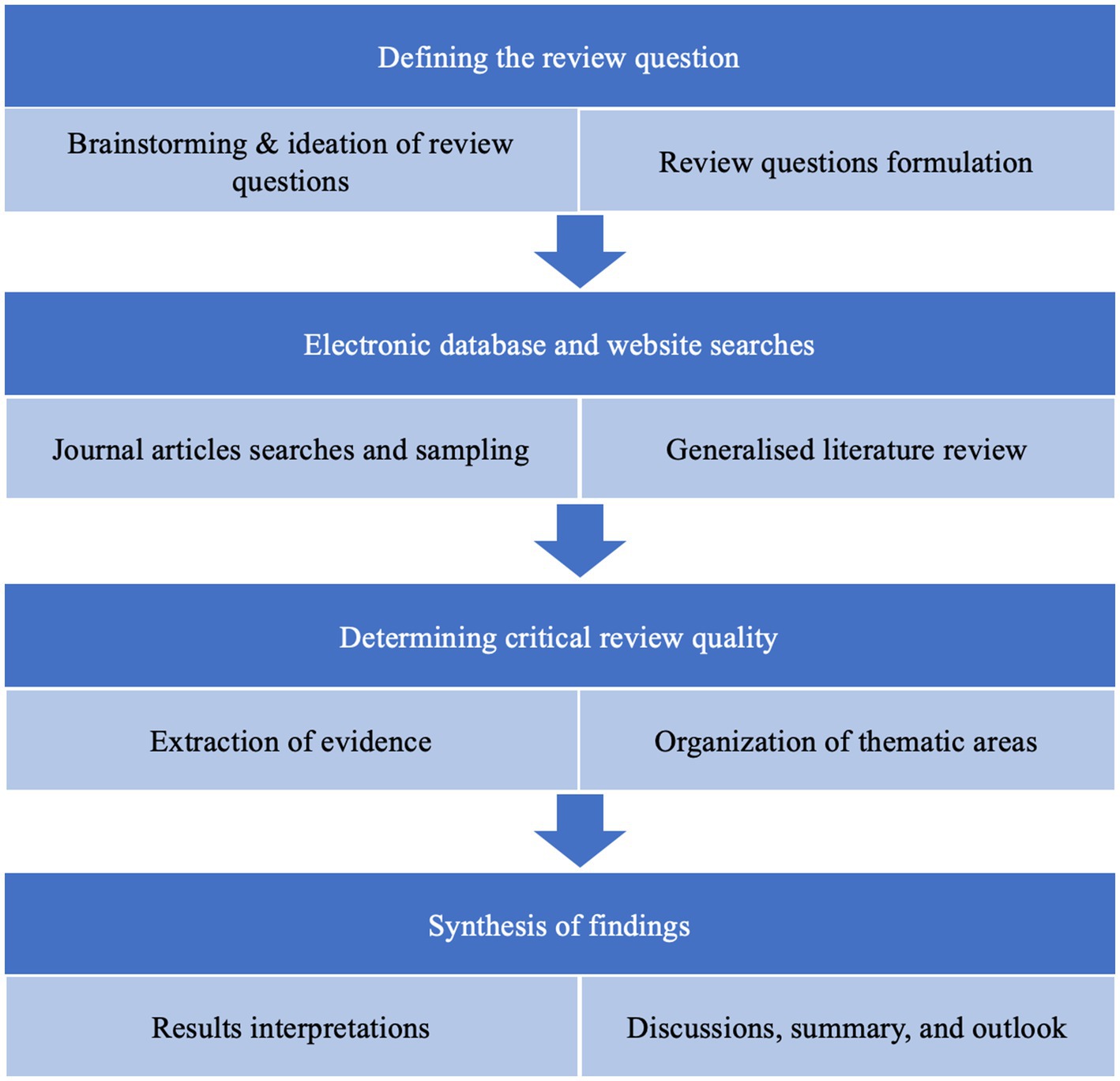
Israel’s Transformation into a High-Tech Powerhouse Aligned with Sustainable Development Goals
Over the past two decades, Israel has emerged as one of the world’s most dynamic and influential technology hubs. This transformation is not accidental but the result of a unique innovation ecosystem that fosters creativity, risk-taking, and robust investment in research and development (R&D). Israeli technological advancements are impacting nearly every aspect of modern life and contribute significantly to the achievement of the United Nations Sustainable Development Goals (SDGs).
Key Factors Driving Israel’s High-Tech Success
- Startup culture that encourages innovation and accepts failure as a stepping stone to success
- World-class academic institutions fostering research and talent development
- Strong government support and investment in R&D
- A defense industry that catalyzes civilian technological applications
Prominent Israeli Companies Advancing Sustainable Development
-
Mobileye: Advancing Safe and Sustainable Transportation (SDG 9, SDG 11)
Based in Jerusalem, Mobileye is a global leader in autonomous vehicle technology. Their AI-driven driver assistance systems, integrated into millions of vehicles worldwide, enhance road safety and reduce traffic accidents. Partnerships with automotive giants like BMW, Ford, and General Motors demonstrate Mobileye’s role in promoting sustainable cities and communities (SDG 11) and fostering industry innovation (SDG 9). Intel’s acquisition of Mobileye for $15 billion in 2017 underscores the critical importance of this technology for the future of mobility.
-
Waze: Revolutionizing Navigation and Reducing Traffic Congestion (SDG 9, SDG 11, SDG 13)
Waze, developed in Israel and acquired by Google in 2013, transforms navigation through real-time, community-powered updates. By helping users avoid traffic jams and optimize routes, Waze contributes to reducing carbon emissions and promoting sustainable urban transport (SDG 11 and SDG 13). Its integration with platforms like Apple CarPlay and Android Auto highlights the role of smart technology in sustainable development.
-
Check Point Software Technologies: Enhancing Cybersecurity for a Connected World (SDG 9, SDG 16)
As digital connectivity expands, cybersecurity becomes essential. Founded in 1993 and headquartered in Tel Aviv, Check Point Software Technologies is a global leader in cybersecurity solutions including firewall protection and advanced threat prevention. Their technologies protect governments, corporations, and institutions worldwide, supporting peace, justice, and strong institutions (SDG 16) and fostering resilient infrastructure (SDG 9).
-
Intuition Robotics: Supporting Healthy Aging with AI (SDG 3, SDG 10)
Intuition Robotics addresses the challenges of an aging global population through ElliQ, a voice-activated companion robot that combats loneliness and promotes independence among older adults. This innovation supports good health and well-being (SDG 3) and reduces inequalities (SDG 10) by enhancing quality of life for seniors.
-
Annapurna Labs: Driving Energy-Efficient Cloud Computing (SDG 7, SDG 9)
Acquired by Amazon in 2015, Annapurna Labs develops Graviton processors that power Amazon Web Services (AWS) data centers. These processors improve cloud computing efficiency, reducing energy consumption and costs. Annapurna Labs contributes to affordable and clean energy (SDG 7) and industry innovation (SDG 9), supporting the digital infrastructure of the modern world.
Innovation Born from Necessity and Its Contribution to SDGs
Israel’s national security challenges have driven technological breakthroughs in drones, surveillance, and cybersecurity. These innovations frequently transition from military to civilian applications, creating new industries and enhancing daily life. Academic institutions like the Technion and Hebrew University, along with government initiatives such as the Innovation Authority, nurture research and startups, positioning Israel among the top countries in R&D spending and startups per capita. This ecosystem supports multiple SDGs, including:
- SDG 4: Quality Education – through academic excellence and research
- SDG 8: Decent Work and Economic Growth – by fostering entrepreneurship and innovation
- SDG 9: Industry, Innovation, and Infrastructure – via cutting-edge technology development
Challenges to Israeli Innovation: The Impact of Boycott Movements
The Boycott, Divestment, and Sanctions (BDS) movement targets Israeli companies economically. However, this stance overlooks the widespread global reliance on Israeli technologies embedded in everyday devices and services, including smartphones, online banking, automotive safety, and healthcare. Rejecting Israeli innovation equates to rejecting many aspects of modern life, underscoring the importance of continued collaboration and technological exchange for sustainable development.
Conclusion: Israel’s Lasting Global Impact on Sustainable Development
Israel’s technological innovations are not only enhancing convenience but also improving safety, health, and connectivity worldwide. From autonomous driving and cloud computing to aging with dignity and cybersecurity, Israeli companies contribute directly to achieving the SDGs. Their leadership in innovation inspires global progress and exemplifies how technology can address complex societal challenges.
As the world navigates the path toward sustainable development, Israel’s commitment to innovation remains a vital force driving positive change and global collaboration.
Report prepared by Rabbi Jason Miller, tech entrepreneur, educator, and writer. President of Access Technology and founder of MitzvahRabbi.com. Contributor to the Detroit Jewish News.
1. Sustainable Development Goals (SDGs) Addressed or Connected
- SDG 3: Good Health and Well-being
- Addressed through innovations like Intuition Robotics’ ElliQ, which helps older adults combat loneliness and maintain independence, contributing to healthier aging.
- SDG 8: Decent Work and Economic Growth
- Israel’s startup culture, robust R&D investment, and technology companies contribute to economic growth and innovation-driven employment.
- SDG 9: Industry, Innovation, and Infrastructure
- The article highlights Israel’s high-tech ecosystem, including companies like Mobileye, Waze, Check Point, Annapurna Labs, and their contributions to infrastructure and innovation.
- SDG 11: Sustainable Cities and Communities
- Waze’s real-time navigation technology helps reduce traffic congestion and improve urban mobility.
- SDG 16: Peace, Justice, and Strong Institutions
- Check Point Software Technologies’ cybersecurity innovations contribute to digital security and protection against cyberattacks, supporting strong institutions.
2. Specific Targets Under Those SDGs Identified
- SDG 3: Good Health and Well-being
- Target 3.4: Reduce premature mortality from non-communicable diseases and promote mental health and well-being — implied by ElliQ’s role in combating loneliness among older adults.
- SDG 8: Decent Work and Economic Growth
- Target 8.2: Achieve higher levels of economic productivity through diversification, technological upgrading and innovation — reflected in Israel’s high-tech startup ecosystem and R&D investments.
- SDG 9: Industry, Innovation, and Infrastructure
- Target 9.5: Enhance scientific research, upgrade technological capabilities of industrial sectors — demonstrated by Israel’s government support and world-class academic institutions fostering innovation.
- Target 9.1: Develop quality, reliable, sustainable and resilient infrastructure — supported by technologies like Mobileye’s autonomous driving and Annapurna Labs’ energy-efficient cloud computing.
- SDG 11: Sustainable Cities and Communities
- Target 11.2: Provide access to safe, affordable, accessible and sustainable transport systems — Waze’s navigation technology contributes to this target.
- SDG 16: Peace, Justice, and Strong Institutions
- Target 16.6: Develop effective, accountable and transparent institutions — supported by cybersecurity technologies that protect digital infrastructure.
3. Indicators Mentioned or Implied to Measure Progress
- SDG 3 Indicators
- Prevalence of loneliness or mental health status among older adults (implied by ElliQ’s role in improving well-being).
- SDG 8 Indicators
- Research and development expenditure as a proportion of GDP (implied by Israel’s high R&D spending per capita).
- Number of startups per capita (implied by article’s mention of startups density).
- SDG 9 Indicators
- Proportion of population using the internet and advanced technologies (implied by widespread adoption of Israeli tech products).
- Number of patents filed or technological innovations developed (implied by companies like Mobileye and Annapurna Labs).
- SDG 11 Indicators
- Average travel time to work or traffic congestion levels (implied by Waze’s impact on navigation and traffic avoidance).
- SDG 16 Indicators
- Number of cyberattacks prevented or cybersecurity incidents (implied by Check Point’s threat prevention technologies).
4. Table of SDGs, Targets and Indicators
| SDGs | Targets | Indicators |
|---|---|---|
| SDG 3: Good Health and Well-being | Target 3.4: Reduce premature mortality and promote mental health and well-being | Prevalence of loneliness or mental health status among older adults (implied) |
| SDG 8: Decent Work and Economic Growth | Target 8.2: Achieve higher economic productivity through innovation | R&D expenditure as % of GDP; Number of startups per capita (implied) |
| SDG 9: Industry, Innovation, and Infrastructure |
|
|
| SDG 11: Sustainable Cities and Communities | Target 11.2: Provide access to safe and sustainable transport systems | Average travel time to work or traffic congestion levels (implied) |
| SDG 16: Peace, Justice, and Strong Institutions | Target 16.6: Develop accountable and transparent institutions | Number of cyberattacks prevented or cybersecurity incidents (implied) |
Source: thejewishnews.com







